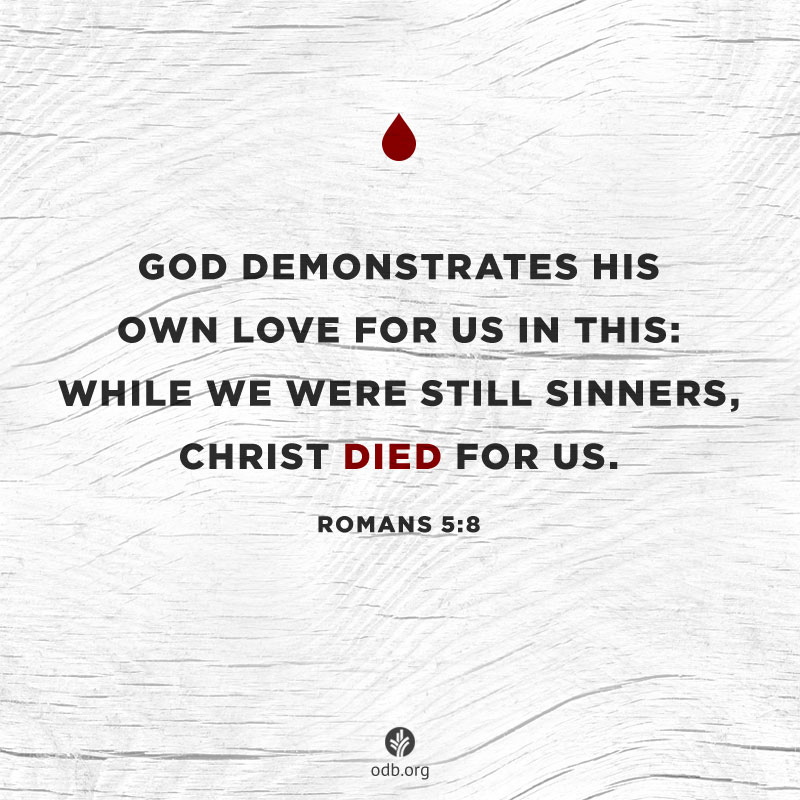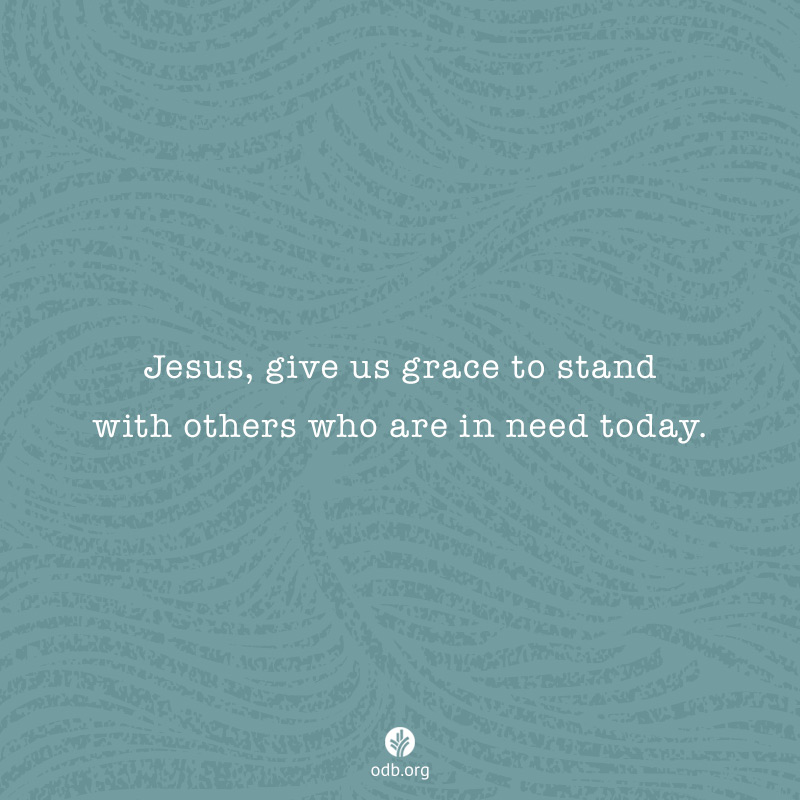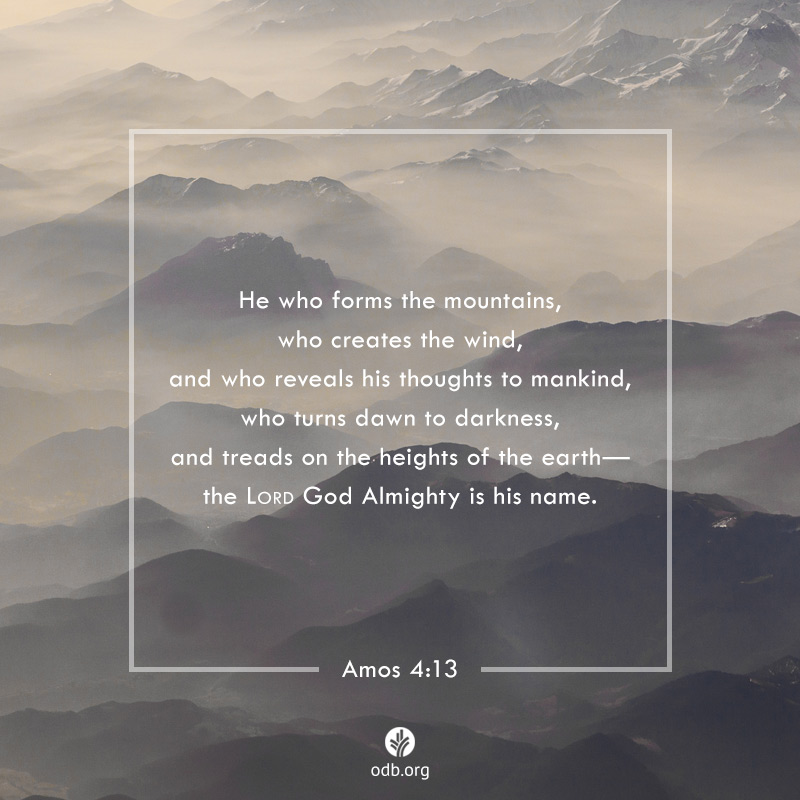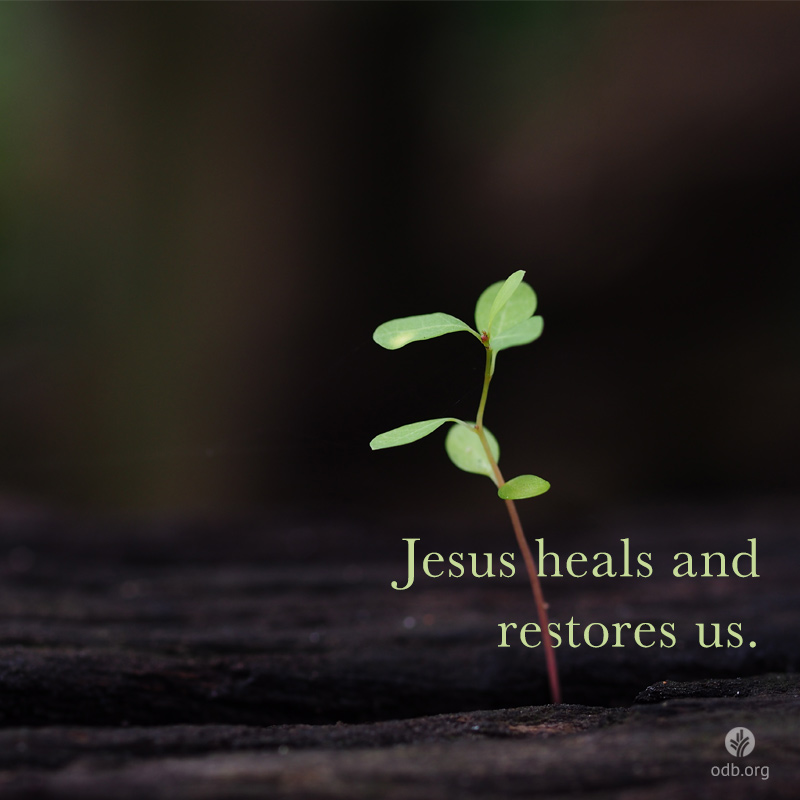
Imperfect, Yet Loved
In Japan, food products are immaculately prepared and packed. Not only must they taste good but they must look good too. Often I wonder if I am purchasing the food or the packaging! Because of the Japanese emphasis on good quality, products with slight defects are often discarded. However, in recent years, wakeari products have gained popularity. Wakeari means “there is a reason” in Japanese. These products are not thrown away but are sold at a cheap price “for a reason”—for example a crack in a rice cracker.
My friend who lives in Japan tells me that wakeari is also a catchphrase for people who are obviously less than perfect.
Jesus loves all people—including the wakeari who society casts aside. When a woman who had lived a sinful life learned that Jesus was eating at a Pharisee’s house, she went there and knelt behind Jesus at His feet, weeping (Luke 7:37-38). The Pharisee labeled her “a sinner” (v. 39); but Jesus accepted her. He spoke gently to her, assuring her that her sins were forgiven (v. 48).
Jesus loves imperfect, wakeari people—which includes you and me. And the greatest demonstration of His love for us is that “while we were still sinners, Christ died for us” (Romans 5:8). As recipients of His love, may we be conduits of His love to the flawed people around us so they too may know that they can receive God’s love despite their perfections.

The Power of Empathy
Put on the R70i Age Suit and you immediately feel forty years older as you experience impaired vision, hearing loss and reduced mobility. The Age Suit was designed to help caregivers better understand their patients. Wall Street Journal correspondent Geoffrey Fowler wore one and wrote, “The unforgettable, and at times distressing, experience shed light not just on aging, but also how virtual reality equipment can teach empathy and shape our perceptions of the world around us.”
Empathy is the power to understand and share the feelings of another. During a time of severe persecution against the followers of Jesus, the writer of Hebrews urged fellow believers to “continue to remember those in prison as if you were together with them in prison, and those who are mistreated as if you yourselves were suffering” (13:3).
This is exactly what our Savior has done for us. Jesus was made like us, “fully human in every way . . . that he might make atonement for the sins of the people” (Heb. 2:17). “Because he himself suffered when he was tempted, he is able to help those who are being tempted” (v. 18).
Christ the Lord, who became like us, calls us to stand with others “as if we were together with them” during their time of need.

Our Powerful God
One day by the seaside, I delighted in watching some kite surfers as they bounced along the water, moved by the force of the wind. When one came to shore, I asked him if the experience was as difficult as it looked. “No,” he said, “It’s actually easier than regular surfing because you harness the power of the wind.”
Afterward as I walked by the sea, thinking about the wind’s ability not only to propel the surfers but also to whip my hair into my face, I paused to wonder at our God the Creator. As we see in the Old Testament book of Amos, He who “forms the mountains” and “creates the wind” can turn “dawn to darkness” (v. 13).
Through this prophet, the Lord reminded His people of His power as He called them back to Himself. Because they had not obeyed Him, He said He would reveal Himself to them (v. 13). Although we see His judgment here, we know from elsewhere in the Bible of His sacrificial love in sending His Son to save us (see John 3:16).
The power of the wind on this breezy day in the South of England reminded me of the sheer immensity of the Lord. If you feel the wind today, why not stop and ponder our all-powerful God?
Giving Tuesday is here
It’s Giving Tuesday! Help us reach 1 million more!

